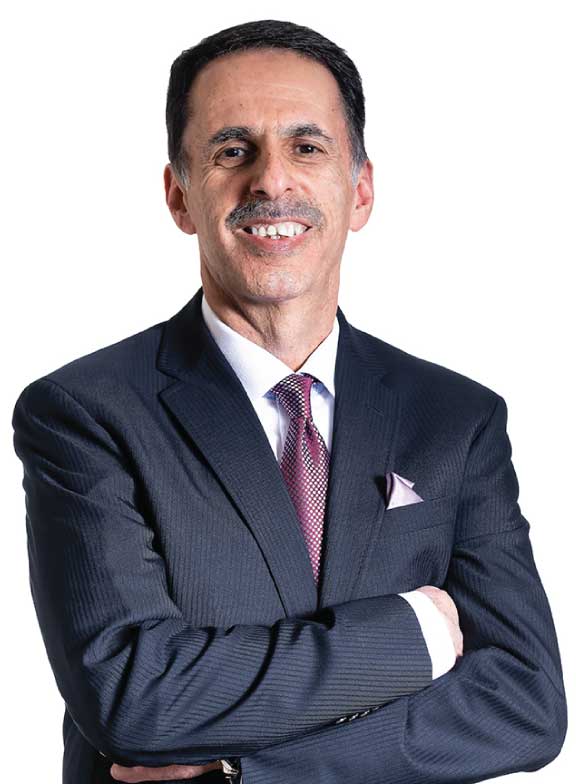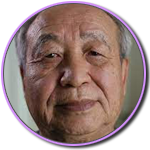Dr. Foad Moazez
Dr. Foad Moazez, FACC, FACP
Arrhythmia Detection
To diagnose a heart arrhythmia, your doctor will review your symptoms and your medical history and conduct a physical examination. Your doctor may ask about — or test for — conditions that may trigger your arrhythmia, such as heart disease or a problem with your thyroid gland. Your doctor may also perform heart-monitoring tests specific to arrhythmias.
Echocardiography
Often referred to simply as Echo, this procedure helps to identify structural defects and test heart function
Heart Failure
Learn about how a diagnosis of Heart Failure does not mean the end of your life
Hypertension
Blood pressure can be difficult to manage. Dr. Moazez is here to help.
Pacemaker Insertion
A pacemaker is a small device that’s placed in the chest or abdomen to help control abnormal heart rhythms. This device uses electrical pulses to prompt the heart to beat at a normal rate.
Pacemakers are used to treat arrhythmias (ah-RITH-me-ahs). Arrhythmias are problems with the rate or rhythm of the heartbeat. During an arrhythmia, the heart can beat too fast, too slow, or with an irregular rhythm.
Education
Dr. Moazez completed his internship and residency at the San Fernando Valley program in affiliation with UCLA Hospital. He underwent Fellowship Training in General Cardiology and Electrophysiology at Cedars-Sinai Medical Center.
Dr. Moazez is married, has 3 children, and enjoys outdoor activities such as hiking, camping and skiing
We share specialized information from top sources, about specific medical problems.
Our Customers Us









